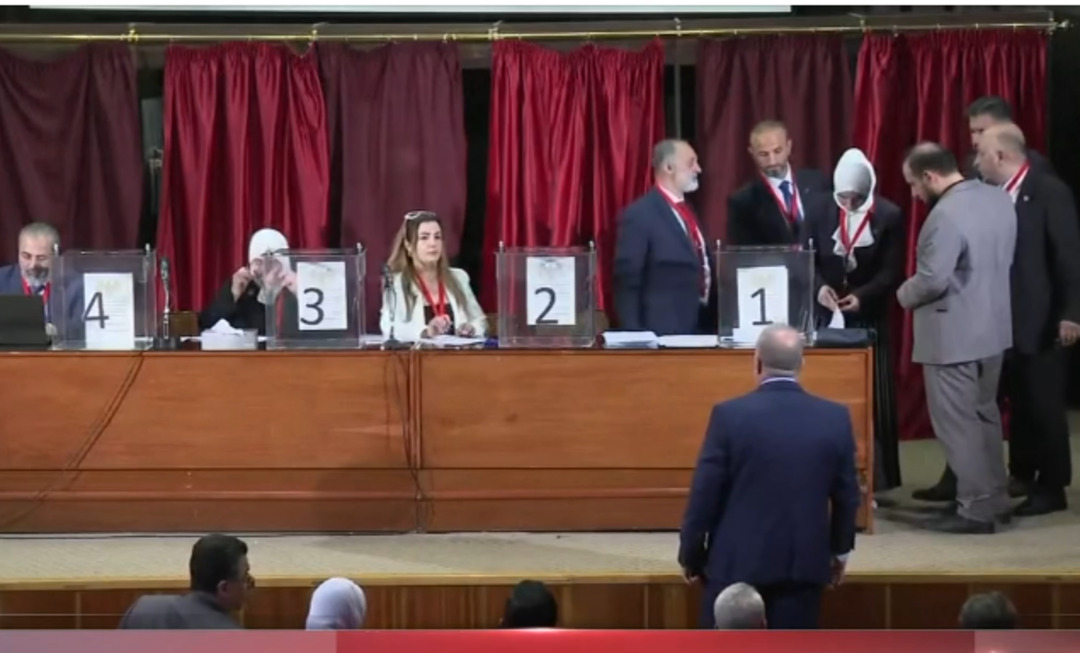-
Sham Elections and a Clapping Council for the Authorities

The Syrian Observatory for Human Rights monitored the proceedings of the first parliamentary elections held in Syria after the fall of Bashar al-Assad’s regime. The elections witnessed a clear absence of control over regions outside government territory, most notably Al-Hasakah, Raqqa, Deir ez-Zor, Aleppo, and Swaida. These elections have been described as (sham) and lacking any genuine democratic substance, amid widespread popular and political discontent.
It became evident that the transitional government hurried to amend the election law without consulting national forces or engaging civil society organizations. This move was viewed as an attempt to circumvent the principle of political participation, which opposition forces had called for for years. Among the contentious amendments was the reduction of the campaign period to just one week, which hampered independent candidates and emerging forces from effectively communicating with voters. Additionally, the Higher Election Commission was granted broad powers to disqualify candidates for security reasons—a measure raising concerns of potential political and sectarian misuse.
In another step, the head of the transitional phase, Ahmad al-Shar’a, directly appointed one-third of the parliament members and oversaw the formation of electoral bodies through carefully selected committees. This turned the parliament into a superficial tool serving the balances of power rather than a genuine platform representing the will of the Syrian people.
Neglect of Marginalized Areas
Regions outside control—particularly northeastern Syria (Al-Hasakah, Raqqa, Deir ez-Zor), rural Aleppo, and parts of Swaida—were effectively excluded from the electoral process. This exclusion occurred through the absence of polling stations or by disqualifying candidates on security grounds. This approach perpetuates territorial marginalization and reaffirms the centralist system that Syrians have long suffered from, as representation is confined to the capital and major cities, while areas bearing the brunt of years of conflict are sidelined.
Lack of International Oversight Raises Doubts
In the absence of international supervision, Syrian authorities did not permit any independent judicial body or international organizations, such as the United Nations or the European Union, to oversee the elections. Despite international calls for transparent elections under UN supervision that include all Syrians inside and outside the country, the process lacked transparency and was subjected to increased government control—factors that undermine its legitimacy and credibility.
This absence of transparency and the growing government grip over the process raise broad questions about the results and their authenticity. The Syrian Observatory warns that excluding local components, tribes, and political parties, along with ongoing marginalization, will only deepen internal divisions and reproduce the exclusion system that contributed to the outbreak of the Syrian revolution.
It affirms that any genuine effort to build a democratic state in Syria must rest on pluralism, transparency, and broad participation—not on re-establishing a centralized authority under weak oversight or without effective international supervision.
Tags
You May Also Like
Popular Posts
Caricature
opinion
Report
ads
Newsletter
Subscribe to our mailing list to get the new updates!






















